Windows Defender, which protects Windows 10 PCs from malware, can now keep your Mac safe from inside Google Chrome.
Microsoft has turned its antivirus app into a Chrome extension that promises to detect phishing links in your emails and dodgy sites that distribute malicious software. It’s 99 percent effective, according to Microsoft, which makes Windows Defender better than rival browser protections.






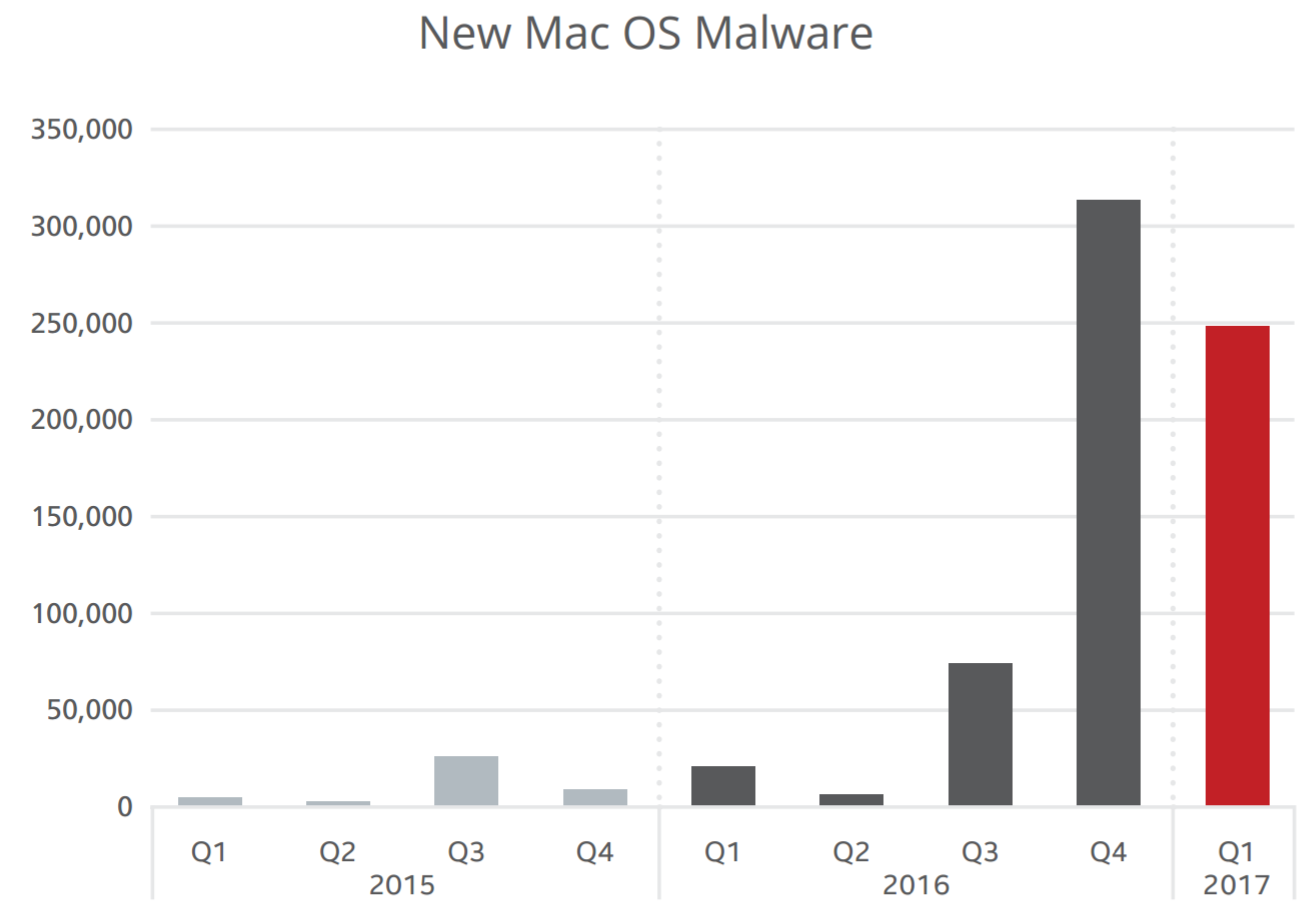

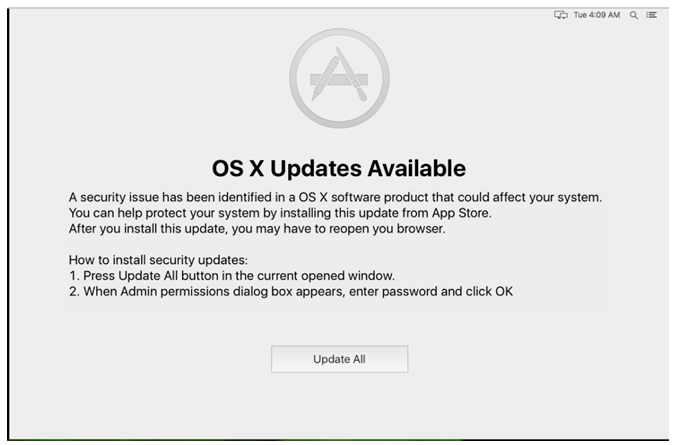



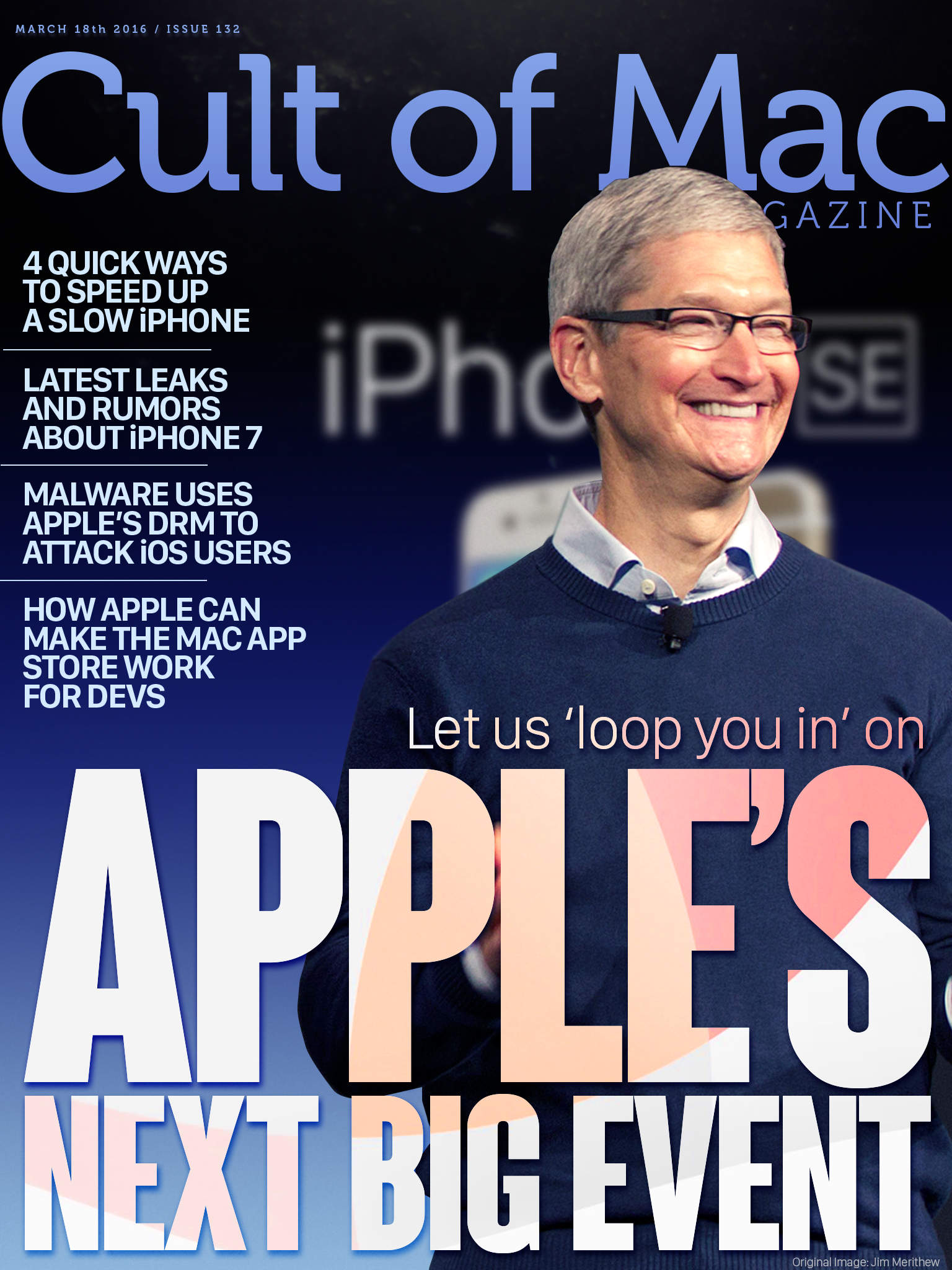

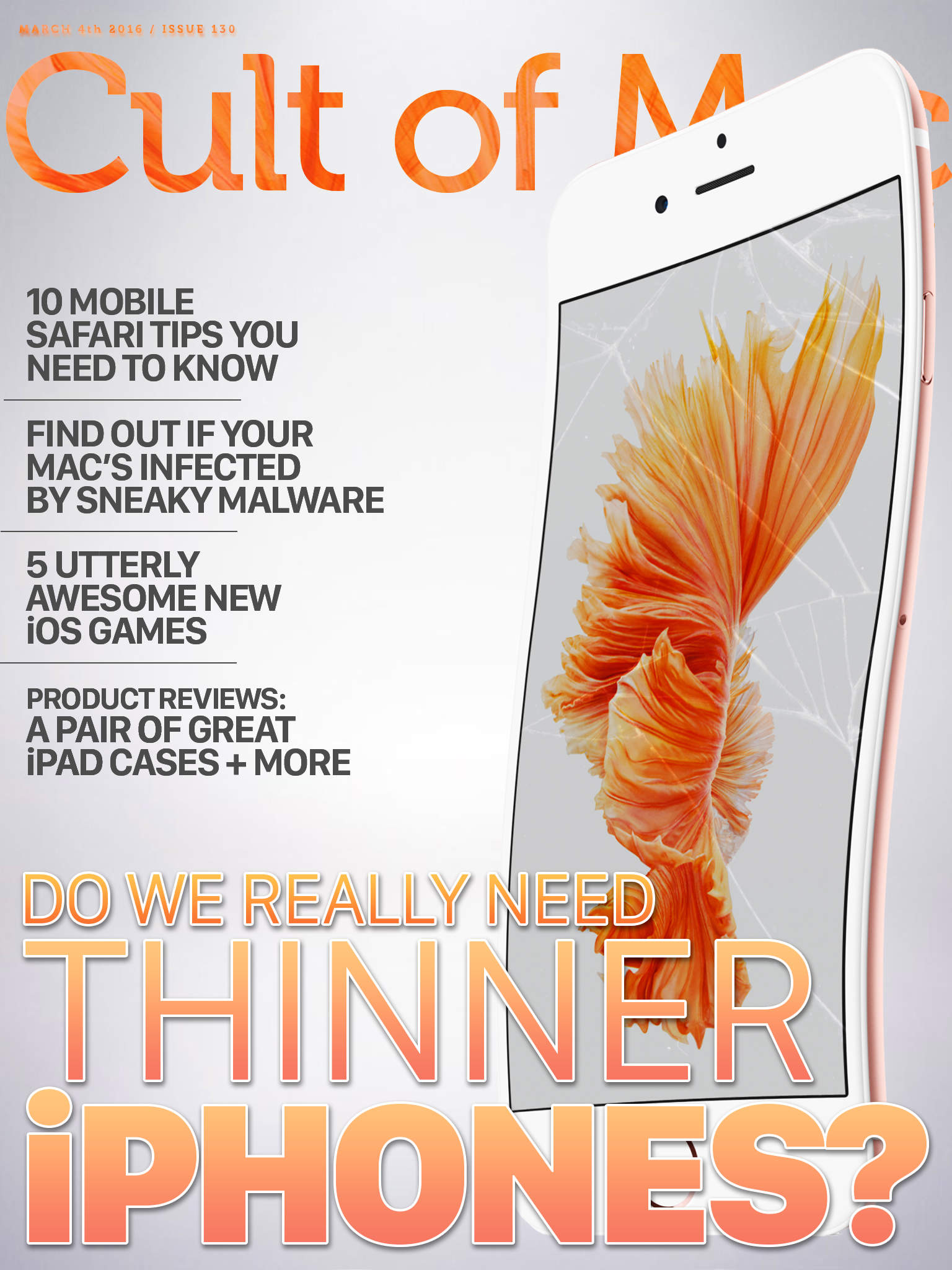
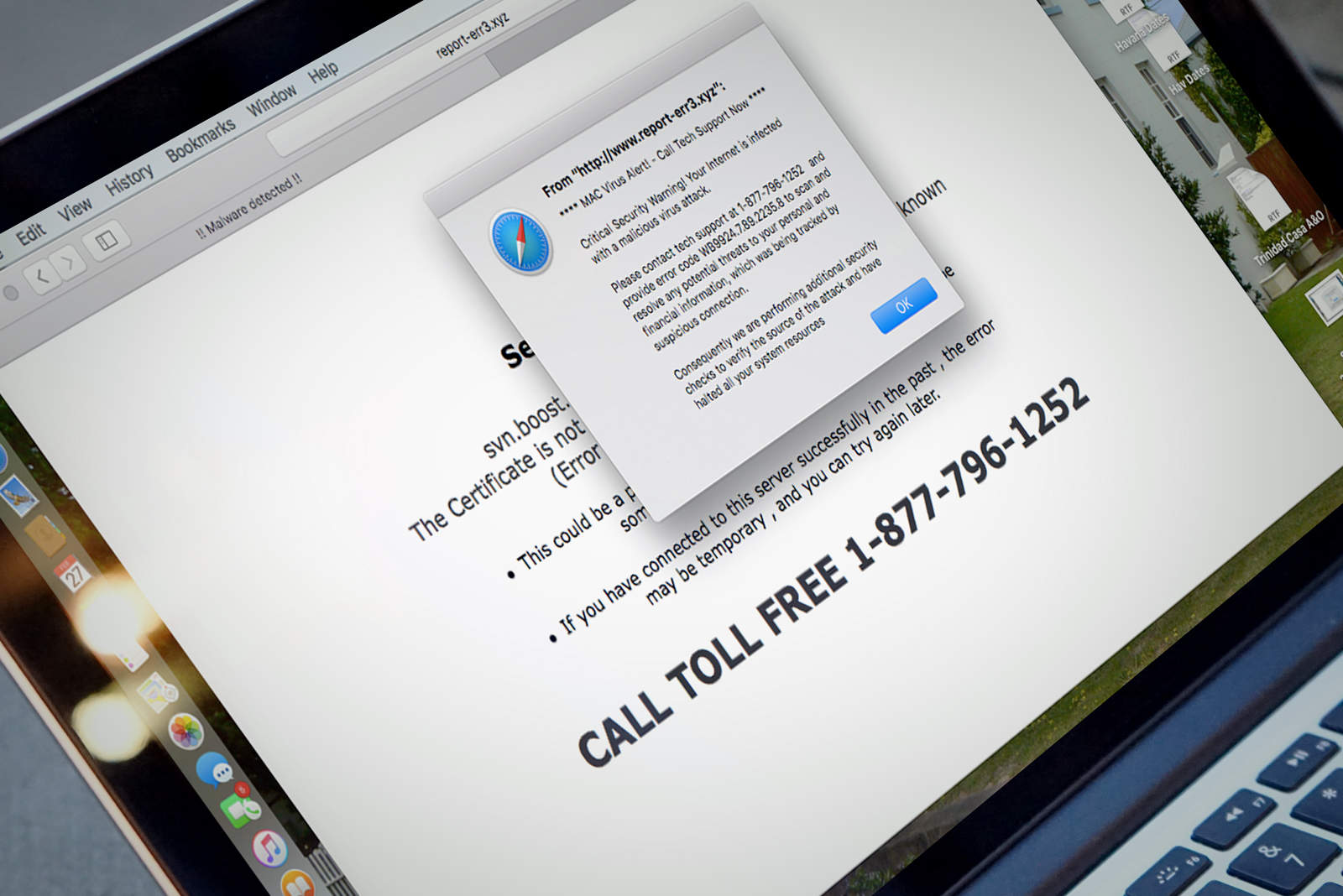







 Now fans are asking how these flaws made their way into public Android releases, compromising the security of more than 1 billion users worldwide. Could Google be doing more to prevent it? And are its hardware partners doing all they can to patch holes in their own software?
Now fans are asking how these flaws made their way into public Android releases, compromising the security of more than 1 billion users worldwide. Could Google be doing more to prevent it? And are its hardware partners doing all they can to patch holes in their own software?
